Amazon announces a million smart home devices.
Amazon unloaded an entire delivery truck's worth of products at a private event today. Here are some of the many, many smart home products that were announced.
Lookout Nest! Amazon is stepping on Google's turf (and its old thermostat partner, Ecobee) with the Amazon Smart Thermostat. Nest thermostats are a circle, so this thing is a square, with the usual touch controls on the front and an app (the Alexa app) for remote control and usage tracking. "Thermostat Hunches" will let Alexa control the thermostat based on your location, and of course there are Alexa voice commands. Amazon partnered with Honeywell spinoff company Resideo to develop the thermostat, and says the device is "made with Honeywell Home Thermostat Technology." Between Amazon's Echo smarts and Honeywell's thermostat experience, there is plenty of expertise here.
Amazon's thermostat.
The app.
How the touch controls work.
A cartoon rendering of the wire mount.
The device is $59.99, and for $16 more you can get a bundle with a C-Wire Power Adapter, which you might need if your existing thermostat wiring isn't putting out enough power. That is dramatically cheaper than Nest, whose cheapest thermostat is $129.99. Amazon is also undercutting its biggest thermostat partner, Ecobee, which ships a thermostat with an entire Alexa speaker and microphone integrated into it, the $229.99 Ecobee 4. This is just a thermostat—but wow is it cheap.
Some cameras, including that drone indoor camera
Amazon really wants you to just fly this drone around the house.
Docked and undocked.
A mesh on the top and bottom should stop it from chopping off any fingers.
The app.
Next up: cameras. Amazon's crazy indoor, flying drone camera—the ambiguously named "Ring Always Home Cam"—is actually for sale now in the US. This was announced a full year ago, but now it's available "exclusively by invitation" for $249.99. This is a "Day 1 Edition" (read: a beta product). So Amazon isn't letting just anyone buy it. You can request an invitation to give Amazon money on the product page.
Like every other Ring camera, you can access the camera feed remotely, via the Ring app. You'll get a 1440 × 1440 video feed that you can zoom in to. You can train the drone with custom flight paths by just holding it up in the air and walking it throughout the house. There will probably be manual remote controls, too, but I get the feeling they will be very limited.
It doesn't sound like much is going on in the navigation stack. Amazon notes that "If Always Home Cam encounters an unexpected obstacle, it will pause and return to the charging dock." The drone is also limited to a single story of the house. If you have multiple stories, Amazon recommends multiple drones.
The drone lives in a little dock when it's not running, and Amazon says it will only record video when it's flying. The dock also covers the camera, so it couldn't record much while it's not flying, even if it wanted to. It has a flight time of five minutes before it has to recharge, and it should auto-dock itself when you are done with it.
This is a quadcopter, so like every other quadcopter, it will be slightly quieter than a flying chainsaw—but not by much. The announcement video did not include a sound recording of the drone, but on Amazon's product page, there's a video that hints at how much sound this thing will make. Ring President Leila Rouhi explained to the BBC last year that, in addition to covering the camera while it's in the dock, the quadcopter is "built to be loud, so it's really privacy that you can hear."
If you have any pets, Amazon admits they "may need time to adjust to the noise and motion of Always Home Cam." If your dog is still scared of the vacuum cleaner, imagine if that vacuum cleaner magically came to life when you weren't home and started flying around the room.
The Blink Doorbell camera.
The solar mount for the Blink Outdoor camera.
The floodlight mount for the Blink Outdoor camera.
In other camera news, there is also a doorbell: the Blink Doorbell. For $49.99, this doorbell camera does 30 fps, 1080p video with IR night vision and two-way audio. It runs on 2.4 GHz 802.11n Wi-Fi, and if you don't want to power it with a doorbell wire, it can take two AA batteries. Like all the other Blink cameras, this is meant to be simple, cheap, and compatible with the Amazon Alexa ecosystem. There are some local storage capabilities via the Blink Sync Module 2, or you can pay a monthly fee for cloud storage.
There are also two accessories for the Blink Outdoor camera: a $39.99 Floodlight mount (it adds a motion sensor) and two LEDs (they add 700 lumens of power and motion-activated recording). There's also a $129.98 Solar Panel Mount for the Blink Outdoor camera, freeing you from having to run rely on the usual AAs. The solar mount has a single "pre-installed" 18650 battery. Whether or not the battery is user-replaceable is unclear, and how long of a runtime that battery gives you is equally vague.
The Ring + eero Security System
The Ring Alarm Pro base station. It's so big because it has a battery backup.
One of the door/window sensors.
The 8-piece kit.
One more product before we go: the Ring Alarm Pro. This is a follow-up to the Ring Alarm home security system from last year. The main difference is that the Alarm Pro combines two of Amazon's acquisitions: a Ring alarm system and an eero WiFi 6 mesh router. This will wirelessly wire up your home with Internet and protect it, all in one big box. The starter kit is $299.99 and gets you eight items: one Alarm Pro Base Station, one Keypad, four Contact Sensors, one Motion Detector, and one Alarm Range Extender.
The Base Station seems to be the only different item from last year, with the eero Wi-Fi 6 router functionality as the only new addition. It's fully compatible with the eero mesh system, so just add another mesh point if you need one. The other widgets still use Z-Wave for low-power connectivity. If you have last year's version of the Ring Alarm and want to upgrade to the Wi-Fi version, that'll cost $249 for just the base station. The new Alarm Pro comes out November 3.
Note: Ars Technica may earn compensation for sales from links on this post through affiliate programs.
Listing image by Amazon
Amazon’s indoor camera drone is ready to fly around your house
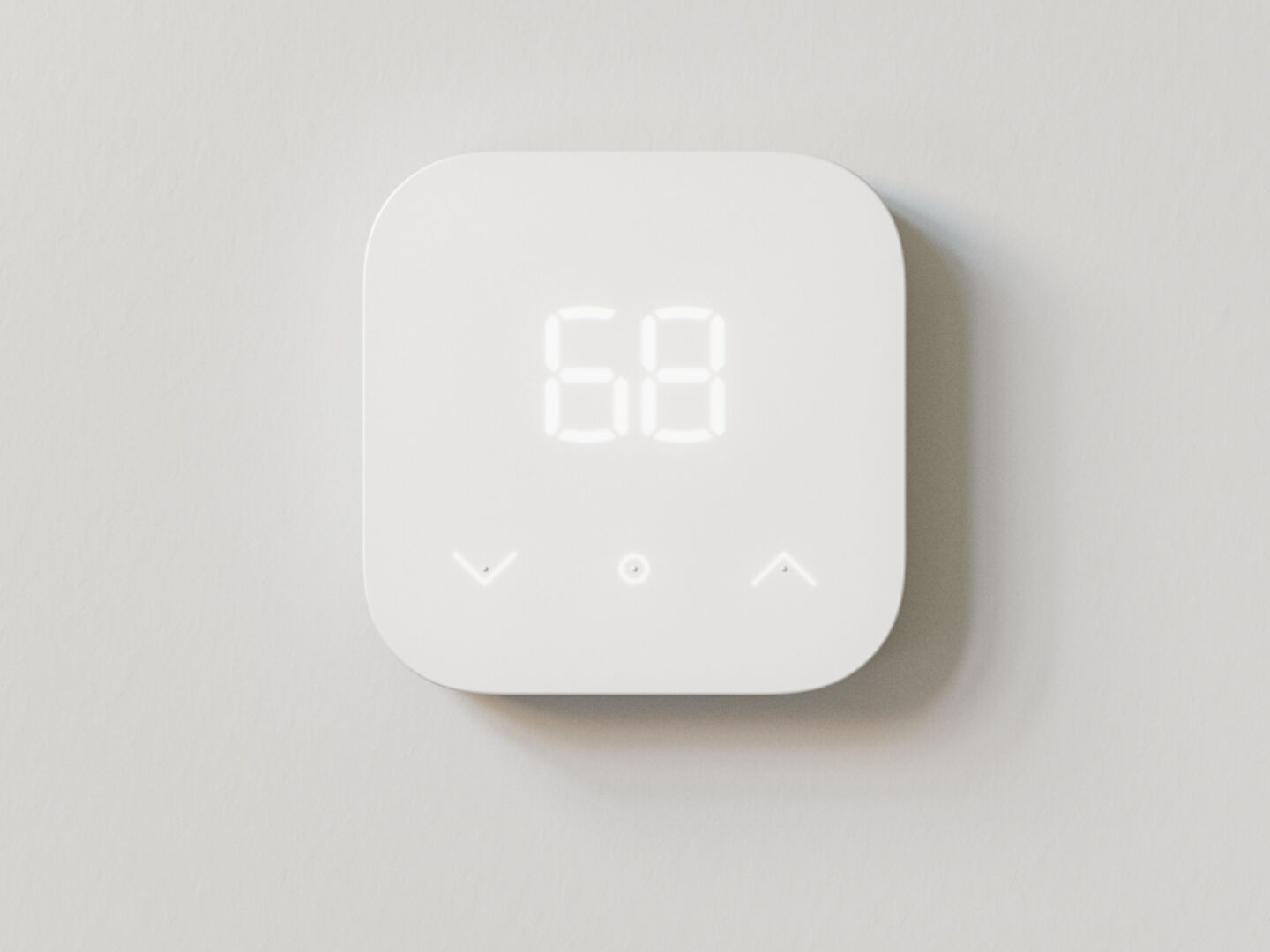
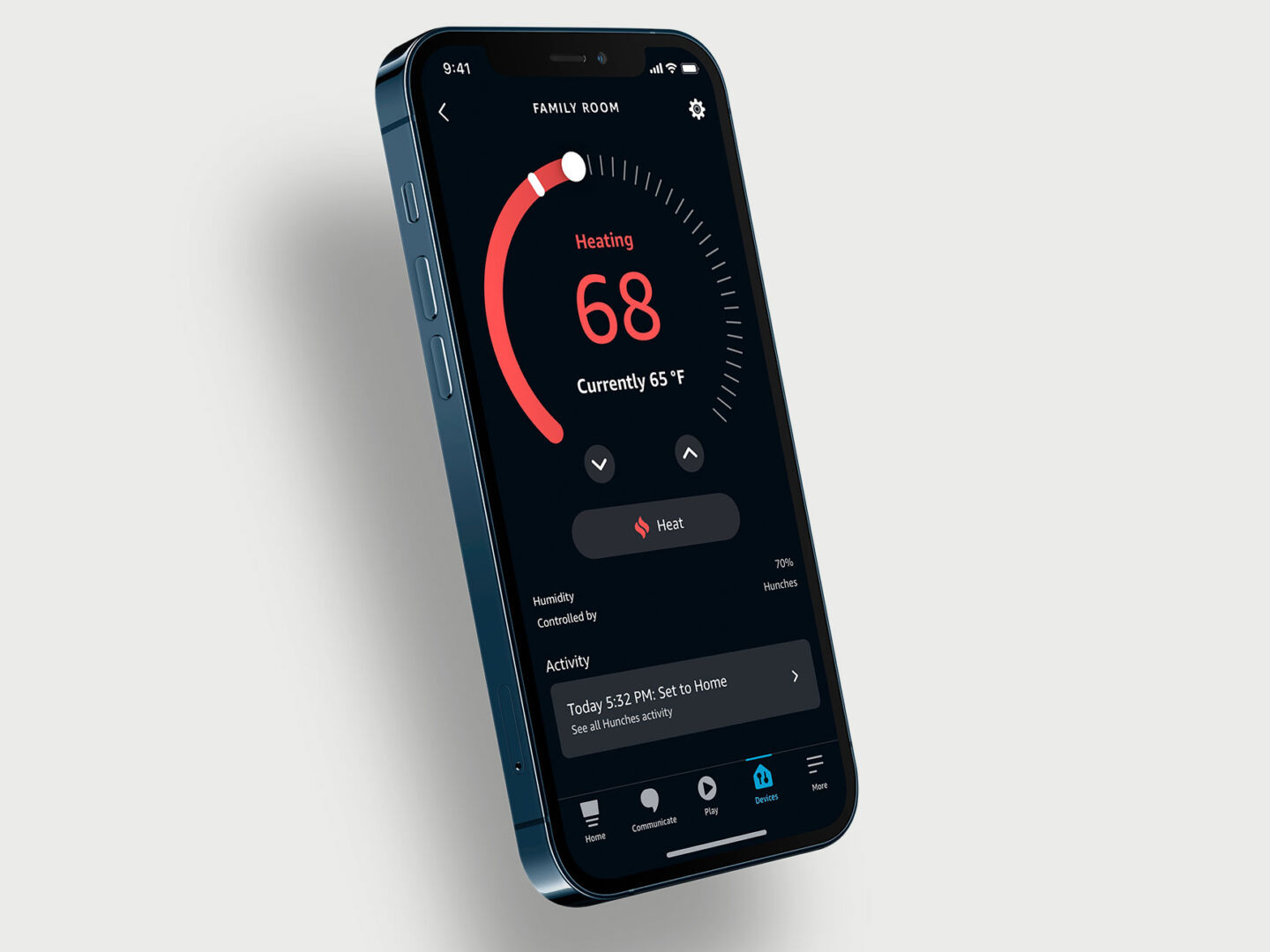
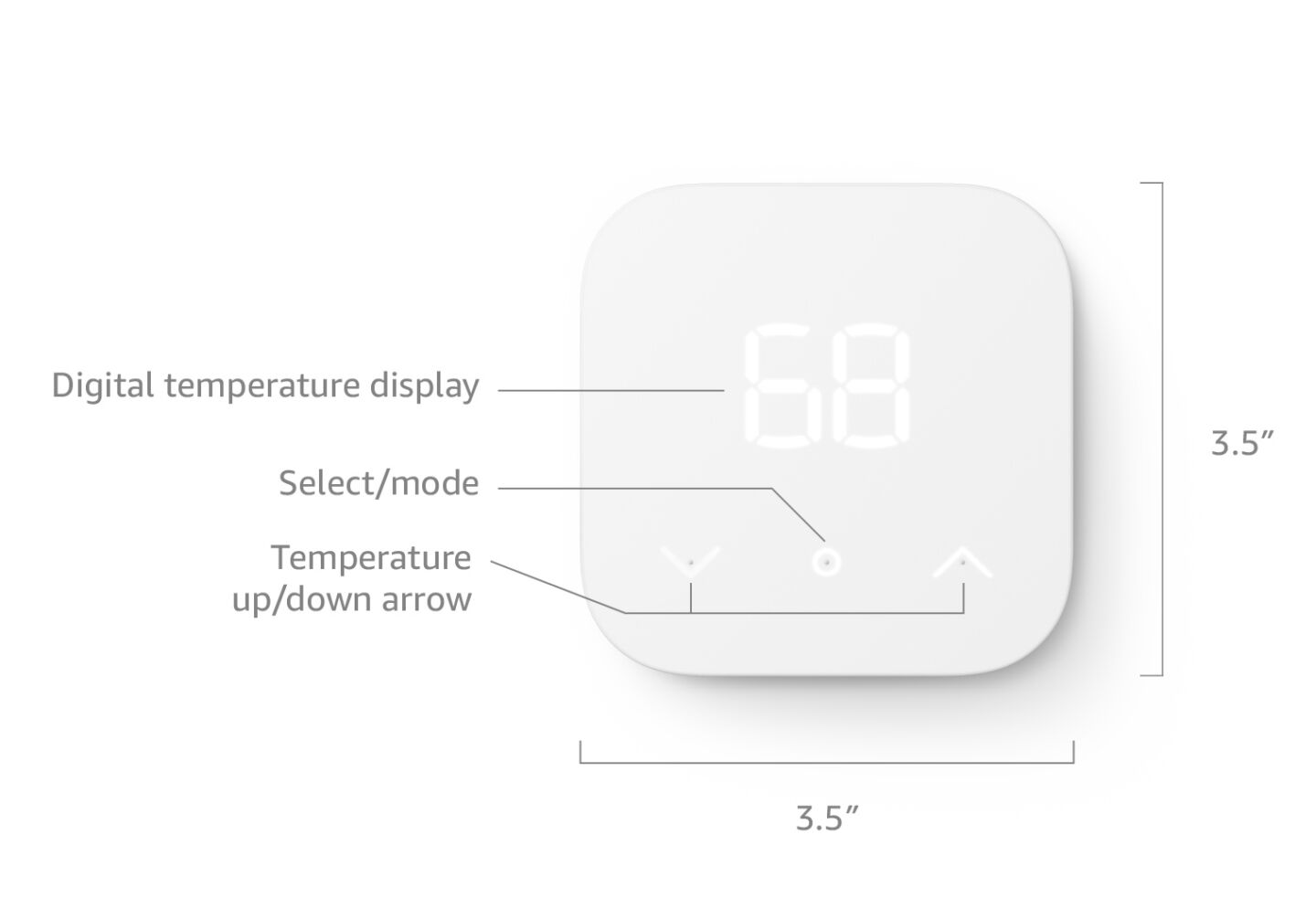



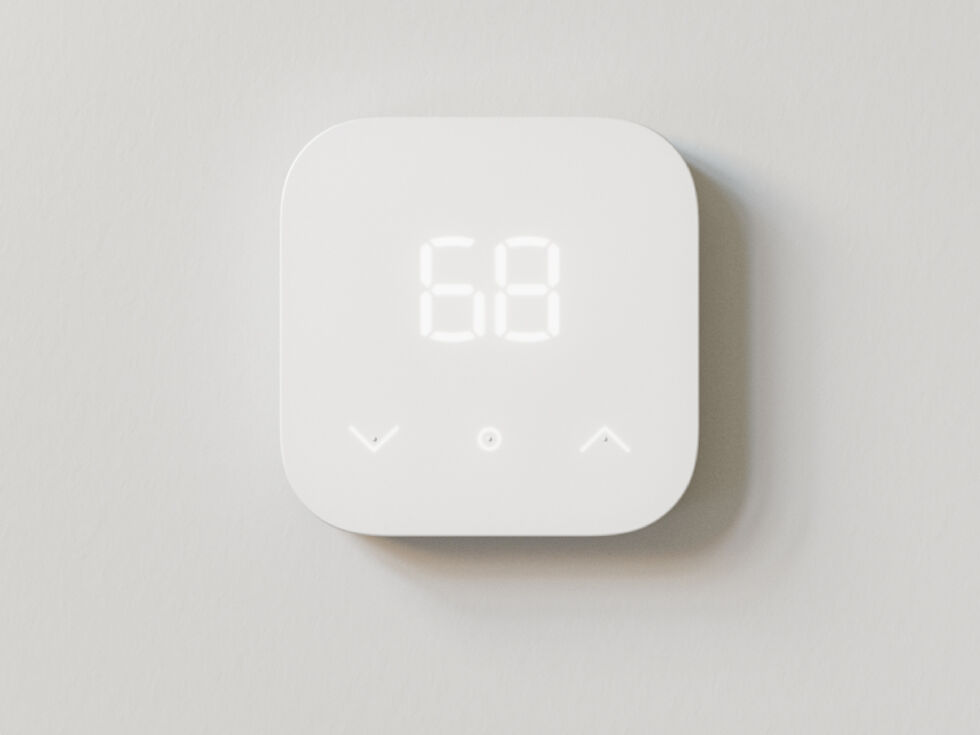
3175x175(CURRENT).thumb.jpg.b05acc060982b36f5891ba728e6d953c.jpg)

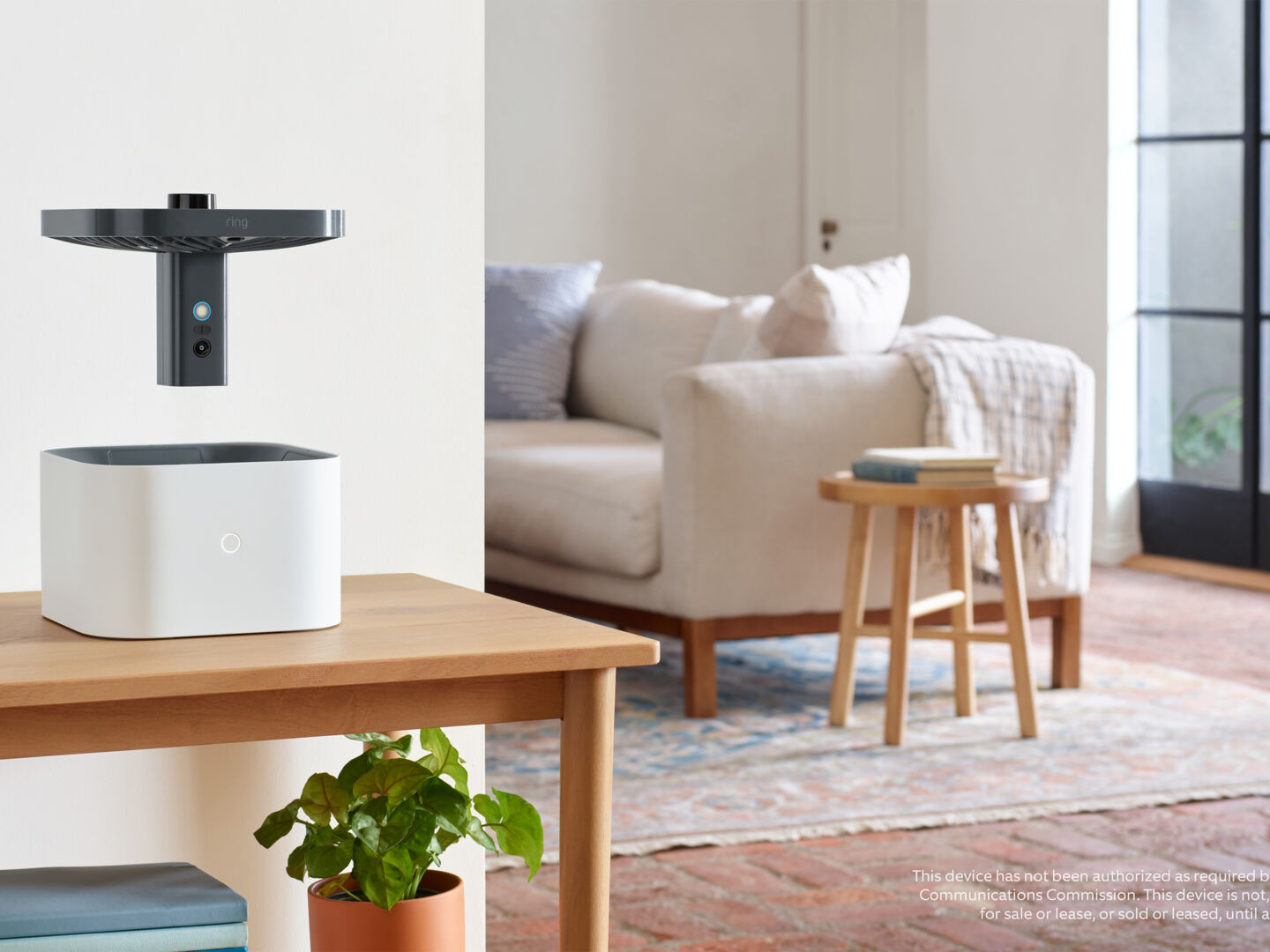
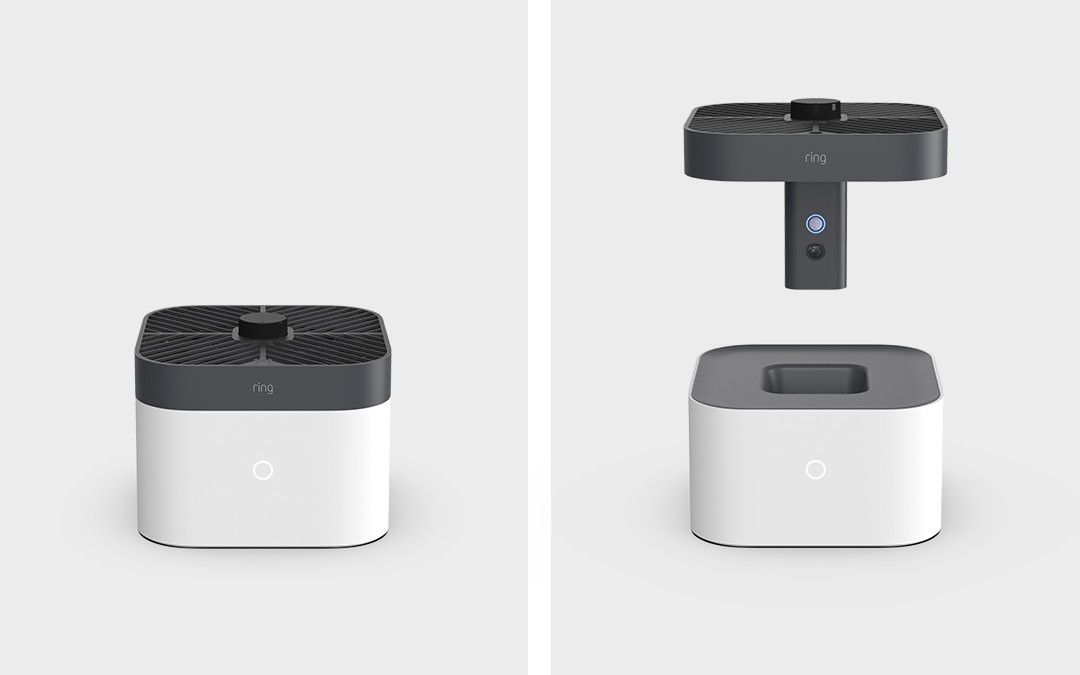
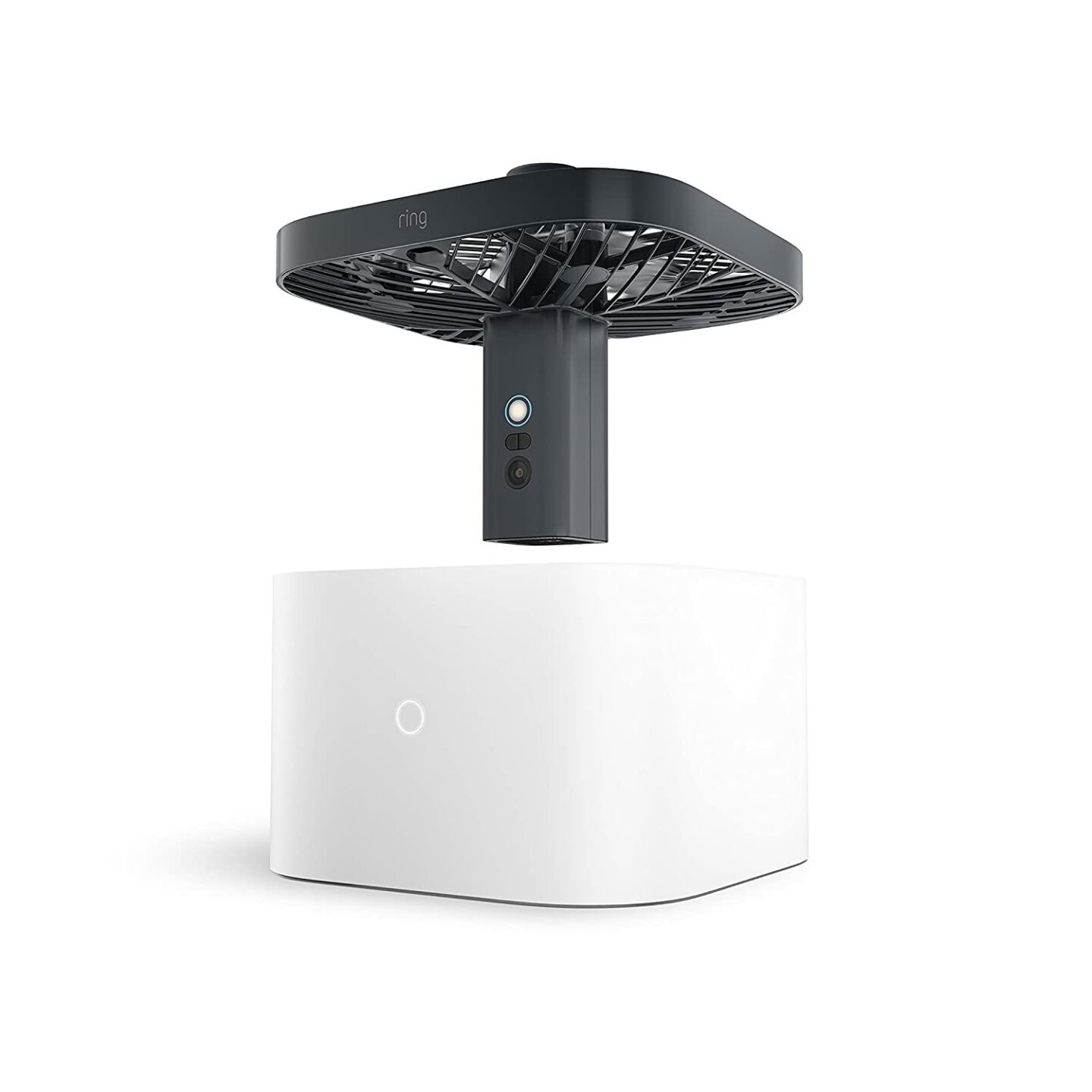
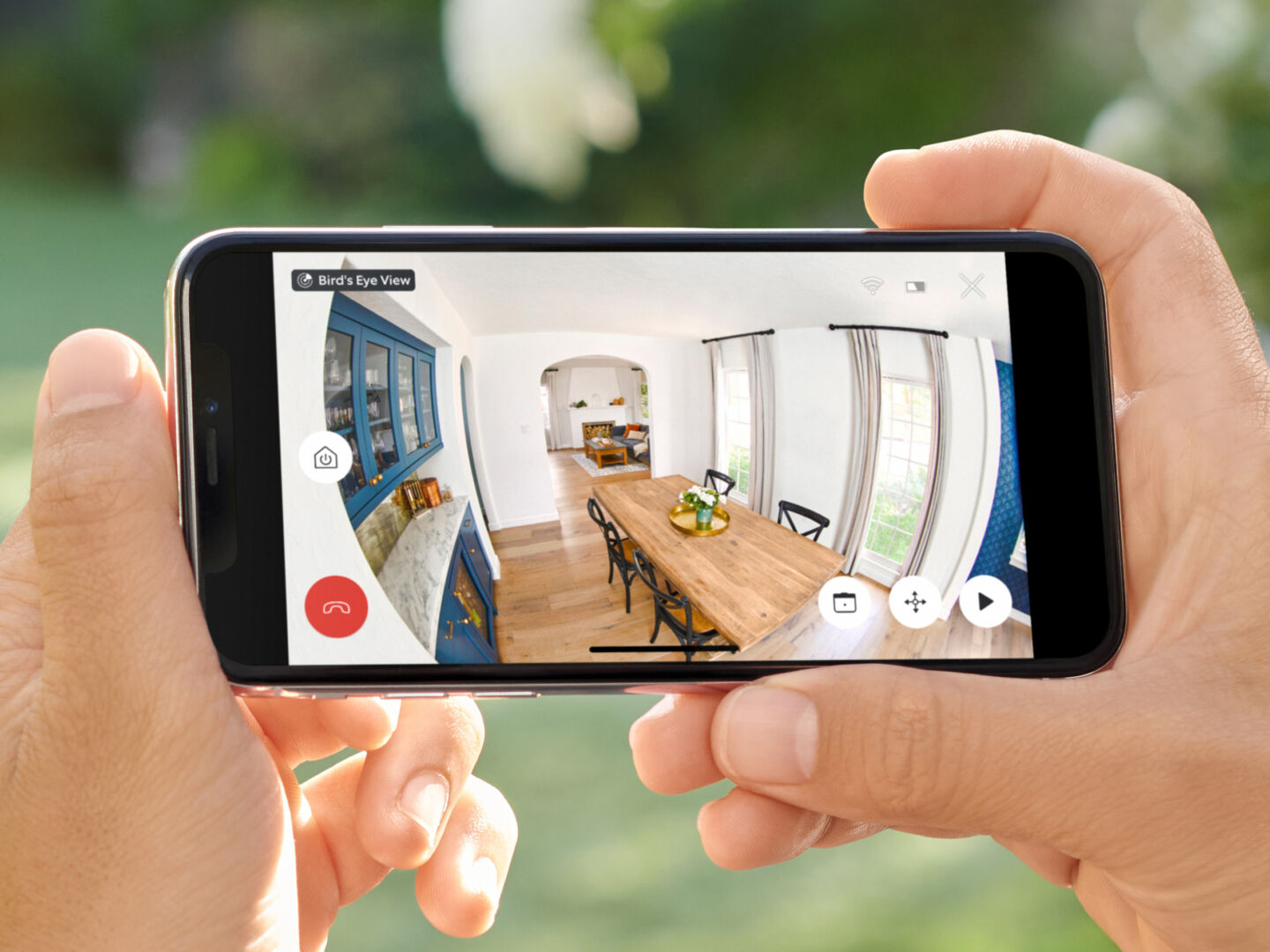
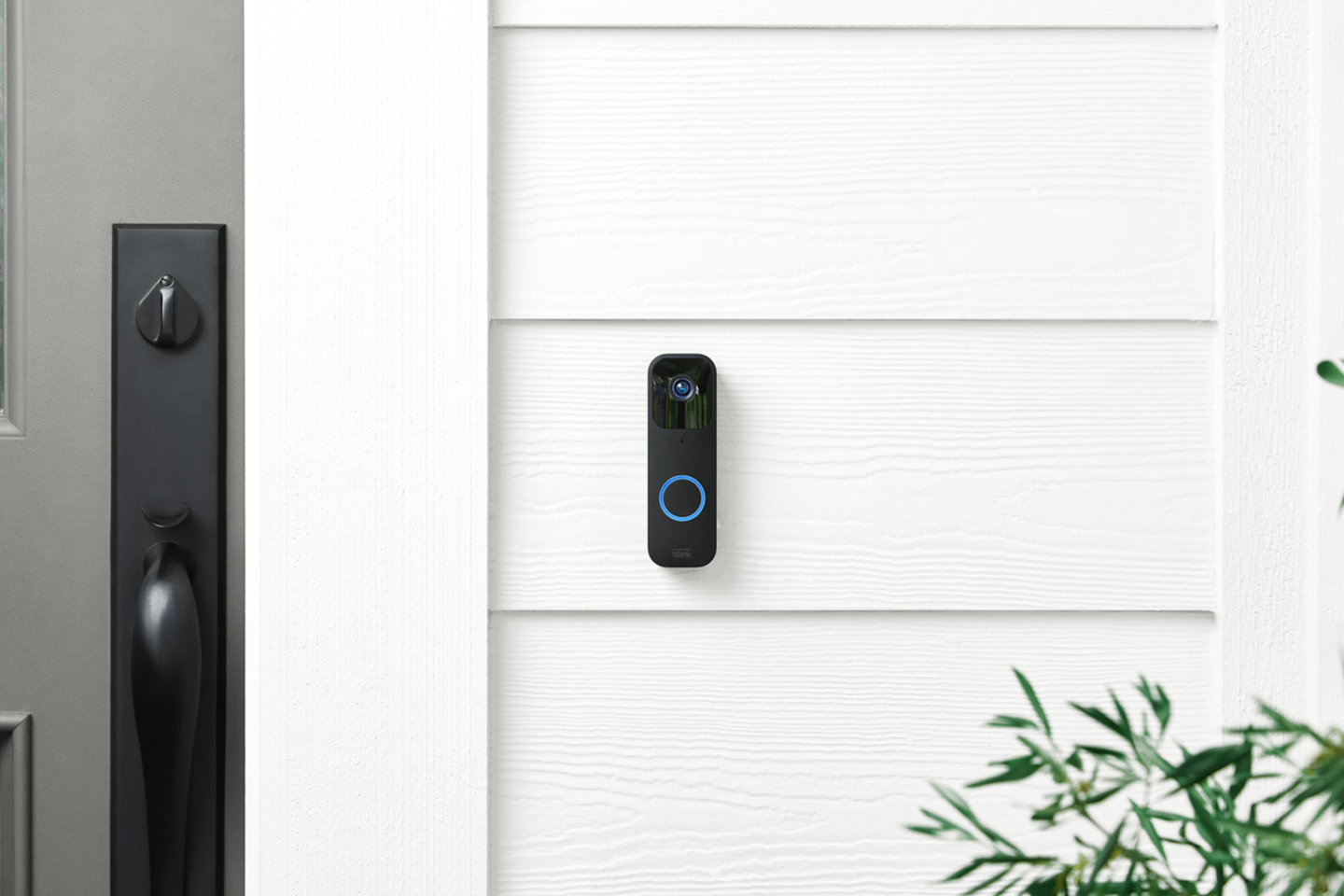
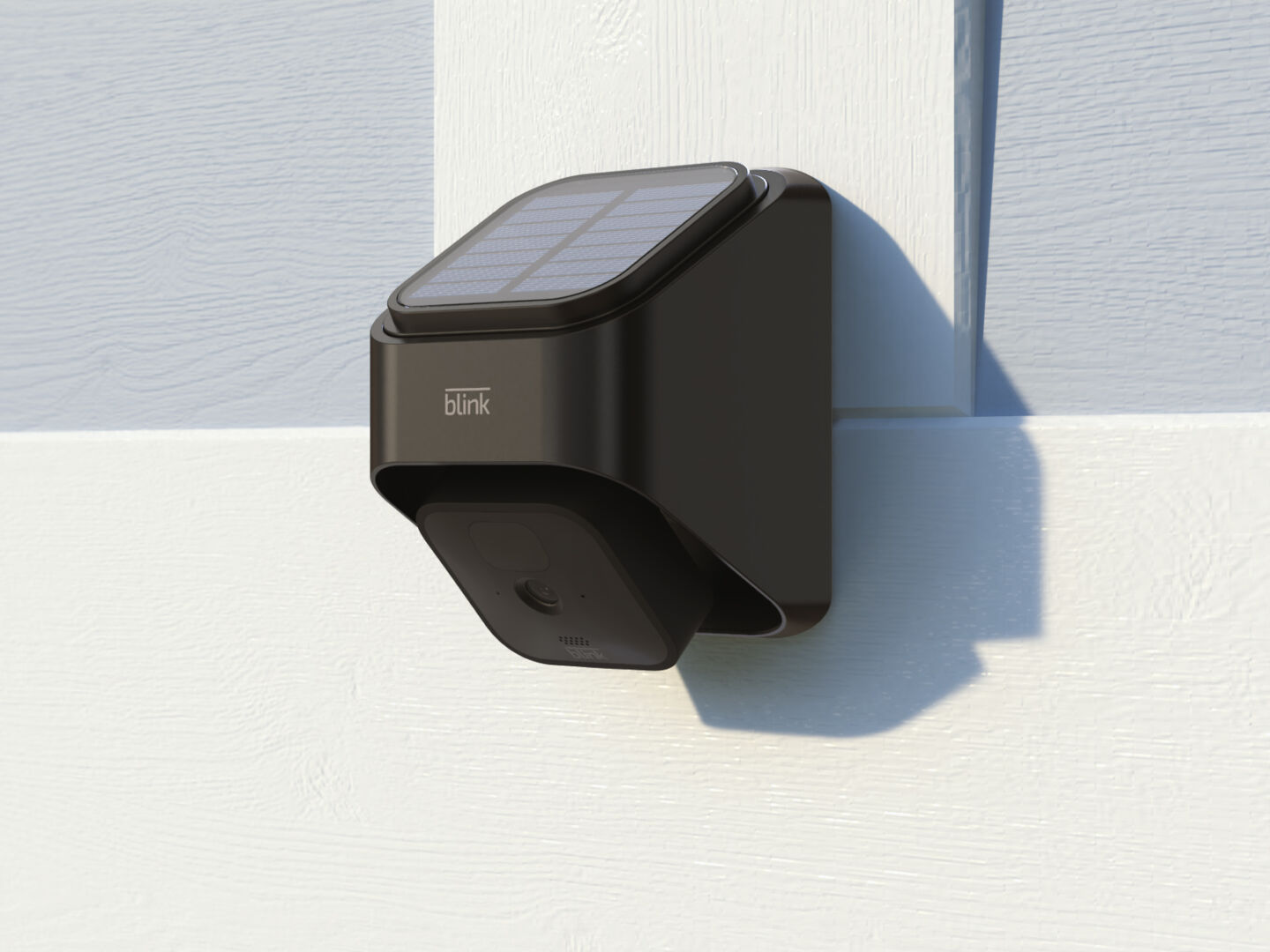


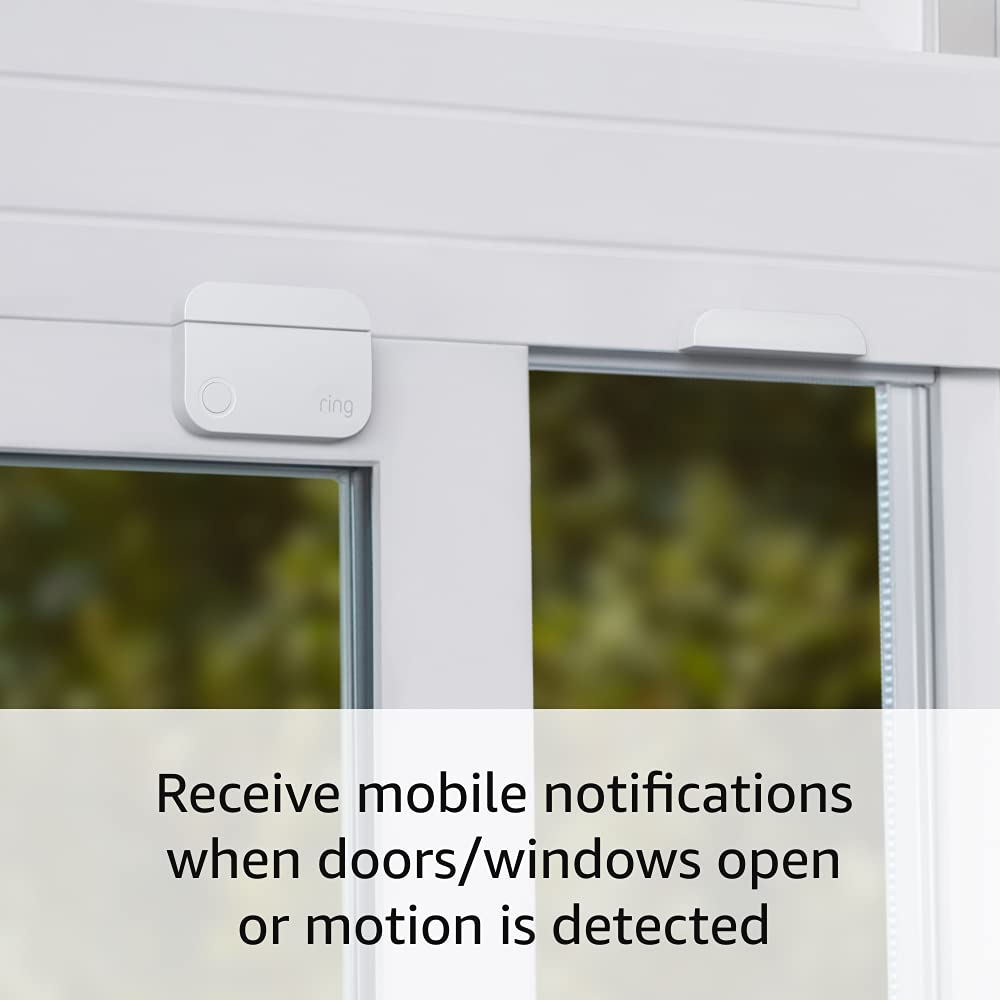
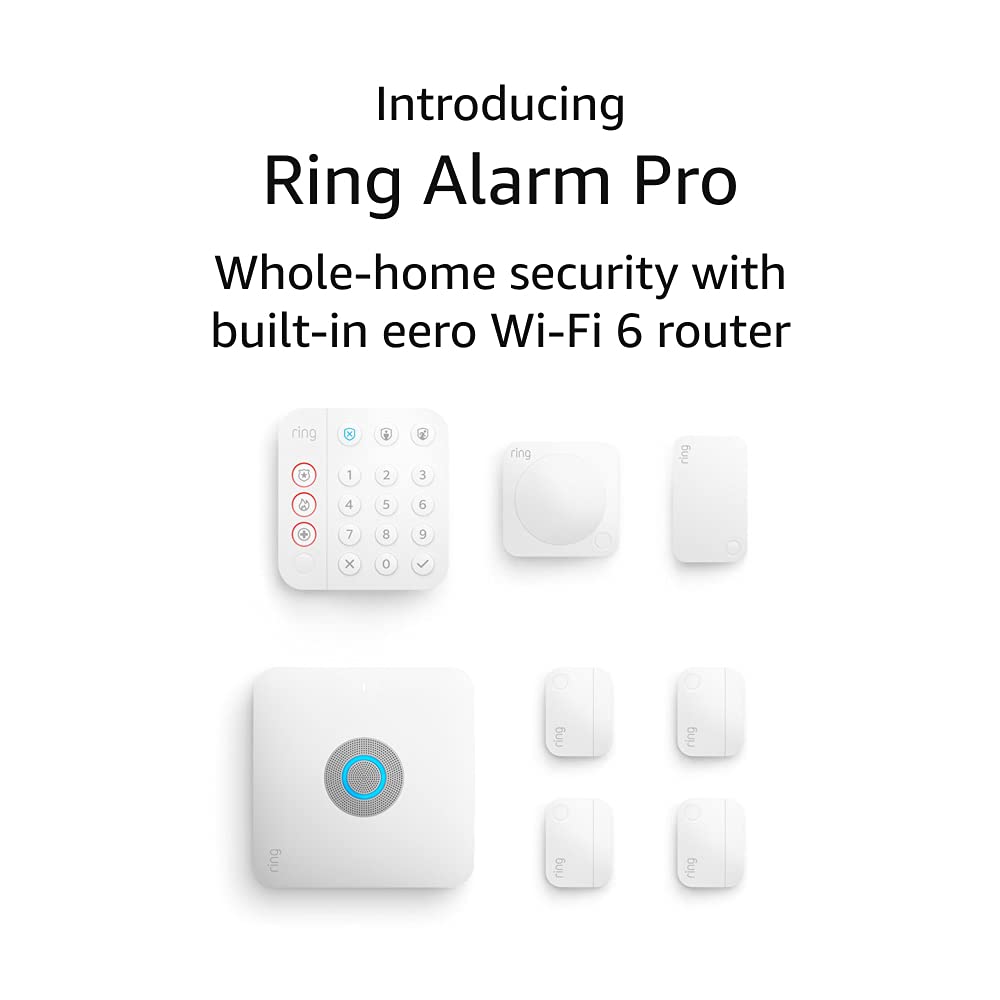

Recommended Comments
There are no comments to display.
Join the conversation
You can post now and register later. If you have an account, sign in now to post with your account.
Note: Your post will require moderator approval before it will be visible.